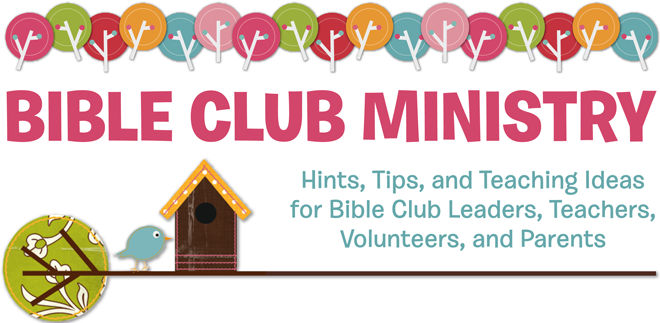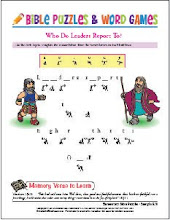As a Bible Club leader or helper, you must rely heavily on questions to generate discussions. Your Leader’s Guide will provide some wonderful discussion starters and questions to get your group talking. You will need to do quite a bit of restating and condensing of your students/ comments and the ideas they give during discussions. You will also need to summarize and clarify what your students say so everyone understands. Your use of questions will be a helpful guide in the progress of your discussion.
Six questions—what, why, when, where, who, and how—can form the basis for many different kinds of discussion questions. Here are some forms of questions (in addition to those suggested in your curriculum) you may want to try:
• Fact-finding questions help children learn information and data.
• Ambiguous questions have several meanings (or answers) to help keep the discussion moving.
• Leading questions seek or suggest answers and can be used when no one knows what to say next.
• Provocative questions are designed to incite an argument or debate and wake up your group.
• Direct questions are aimed at a specific person.
• Relayed questions are used when someone asks you a question and you pass it on to another student to answer.
• Reverse questions are used when someone asks you a question and you refer it back to the questioner.
• Either/or questions force the group to make a choice.
• Multiple-choice questions help to ascertain priorities.
To begin, ask simple questions–some with obvious answers. Try to use a variety of questions that do not have simple yes or no answers. Give the children time to think. It may help to ask the question two or three times. Pause after each question so the children have time to think it over before responding. Respect each answer, even if it is not exactly the one you were seeking. (See the post from February 18, “Leading Discussions with Kids,” for more helpful info.) Soon your questions and answers will develop into helpful discussions, and you will be on your way to helping your students really understand the lessons!



